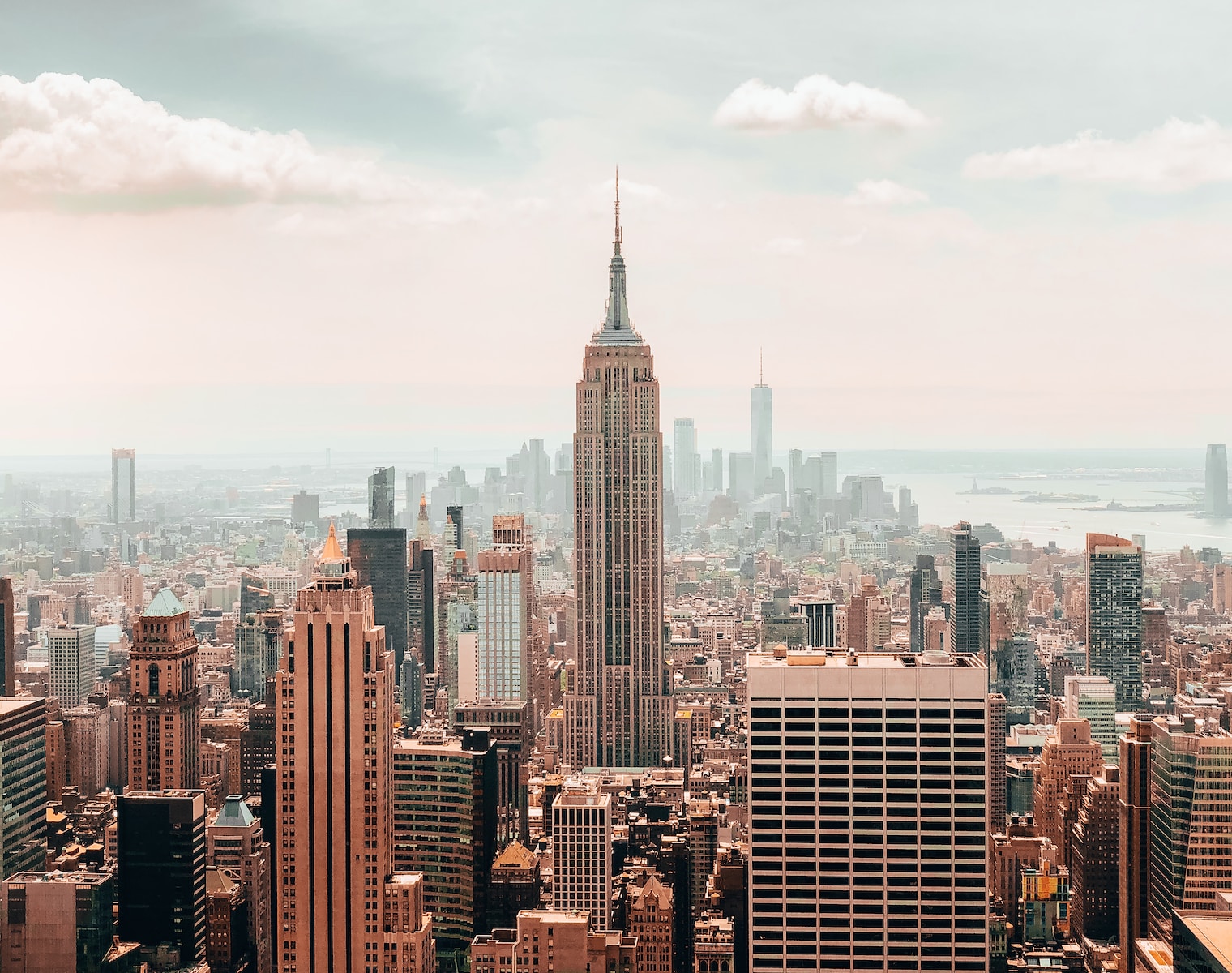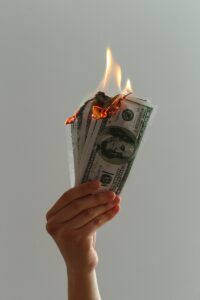
NYC urges landlords to enforce unlicensed cannabis
In April 2023, New York City Councilman Lynn C. Schulman introduced a bill to the City Council that would prohibit landlords from renting to a commercial tenant engaged in the unlicensed sale of cannabis. After approval by the Public Safety Committee, the bill was sent to and approved by the full Council on Thursday 22 June. It will now be sent to the desk of Mayor Eric Adams, who has 30 days to either sign the bill into law and veto it.
If passed, the bill would send city inspectors to suspected unlicensed cannabis stores, of which there are currently thousands. If the inspector finds illegal cannabis being sold on the property, the landlord could face a fine of between $5,000 and $10,000. A second inspection would take place later and if the landlord can show that eviction proceedings have been initiated since the first inspection, the fines can be avoided. In addition to state agencies currently empowered to check for relevant violations, the bill would allow the mayor to mandate any state agency to check for such violations. While levying fines on landlords could significantly reduce the number of unlicensed cannabis stores, a specific provision of the bill could allow for a loophole to be exploited by these unlicensed stores, as discussed in more detail below.
The illegal companies themselves have already come under serious scrutiny, with Gov. Kathy Hochul granting enforcement powers to the Office of Cannabis Management (OCM), which are newly supported by the state budget for fiscal year 2024. The timing of the bill’s passage coincides with the governor’s report that nearly $11 million worth of illegal cannabis products have been seized across the state to date. The additional step of penalizing landlords who knowingly rent to unlicensed operators has long been proposed as a deterrent to the illicit market.
The existing markets
There are effectively two cannabis industries in New York: the legal, created by the Marijuana Regulation and Taxation Act (MRTA) in March 2021 and bound by the OCM’s strict regulatory framework, and the illegal, which is far larger, older, and unrestricted by the restrictions placed on legitimate licensees, including the payment of taxes, and public safety prohibitions on operating in sensitive locations or selling to minors.
Long before the first state-licensed pharmacies opened their doors, it was clear that the two industries couldn’t really coexist. The unlicensed market (aka the old market, the grey/black market) has opportunistically exploded since the MRTA legalized cannabis across the state and has continued to expand at lightning speed compared to the legal market, which has been slow in adoption sprawled under the weight of bureaucracy. Even in California, one of the states with the longest-running adult legal (recreational) cannabis program, up to $8 billion worth of illicit sales are recorded each year, generating significantly more revenue than the legal market .
RELATED: NYC unlicensed shops are doing better than the naked cowboy
In response, politicians at all levels of state government have proposed some form of accountability for landlords. The idea is that if landlords are discouraged or penalized for signing leases with these companies, operators will not be able to secure the required space, or if they have already signed a lease , have to reckon with the eviction. In any case, these illegal operators will be forced to consider going completely underground and closing their doors, or perhaps they will consider entering the legal market and acquiring a pharmacy license. For many older operators, the latter may not be realistic. New York was the first state in the country to give priority to license applicants dealing with the judiciary under its Conditional Adult-Use Retail Dispensary (CAURD) program. But nearly two and a half years after the passage of the MRTA, and with thousands of adult cannabis applications being filed, there are only a handful of compliant dispensaries open for business in New York.
Landlords who lease space to unlicensed operators cannot plead ignorance to avoid fines. The original assumption was that a landlord could not rent directly to a CAURD licensee, but would instead enter into a lease with the Dormitory Authority of the State of New York (DASNY), which would then sublet the space to the licensee. The difficulty in finding and securing compliant premises has resulted in the OCM approving locations for non-DASNY controlled premises. Both DASNY leases and these standalone leases, which Falcon Rappaport & Berkman has extensive experience with, are clearly defined in structure and purpose. For these unlicensed businesses, landlords across the city are signing non-DASNY leases with tenants who prominently advertise the sale of THC products. Under the proposed law, these landlords would be at high risk of enforcement action, particularly following a warning letter from the city authority that could dismiss the landlords’ allegations of ignorance. Falcon Rappaport & Berkman can assist landlords in drafting leases with stricter usage restrictions to discourage unlicensed cannabis sales and facilitate evictions where such illegal use has occurred.
RELATED: California or New York — Which Has the Biggest Marijuana Mess?
Unforeseen Consequences
Fining commercial landlords and/or encouraging evictions of illegal cannabis tenants is a predictable step in the implementation of the legal cannabis market in New York. Without them, legitimate license holders in the industry will continue to be at a disadvantage and neither consumers nor the general public will reap the benefits of a well-regulated market.

However, the way we penalize these commercial landlords or take other enforcement action needs to be carefully considered. A provision of the draft law, Section C.1., states that a written notice following an inspection (and presumably any future fines) applies only to a property used for the sale of illegal cannabis products and “is not used for any other licensed or lawful purpose.” While the bill may still result in fines against landlords of unlicensed cannabis stores, this provision means those fines against landlords may not apply if the premises are used for another lawful purpose. The existing unlicensed market consists not only of standalone cannabis stores, but also bodegas and convenience stores selling cannabis products, whose landlords are likely to avoid penalties under this bill.
The complexity and adaptability of the unregulated market should not be underestimated. If this bill goes into effect, it will hamper some key competitors for adult pharmacy licensees, but it will fall far short of addressing New York’s entire unregulated market. Frequent reassessment of enforcement efforts and well-crafted policies will be necessary to ensure a thriving New York City adult-use cannabis industry.
Michael A. Curatola, Esq. helped co-author this article along with contributions from Andrew P. Cooper, Esq., LL.M., and Ariel S. Holzer, Esq.

Post a comment: